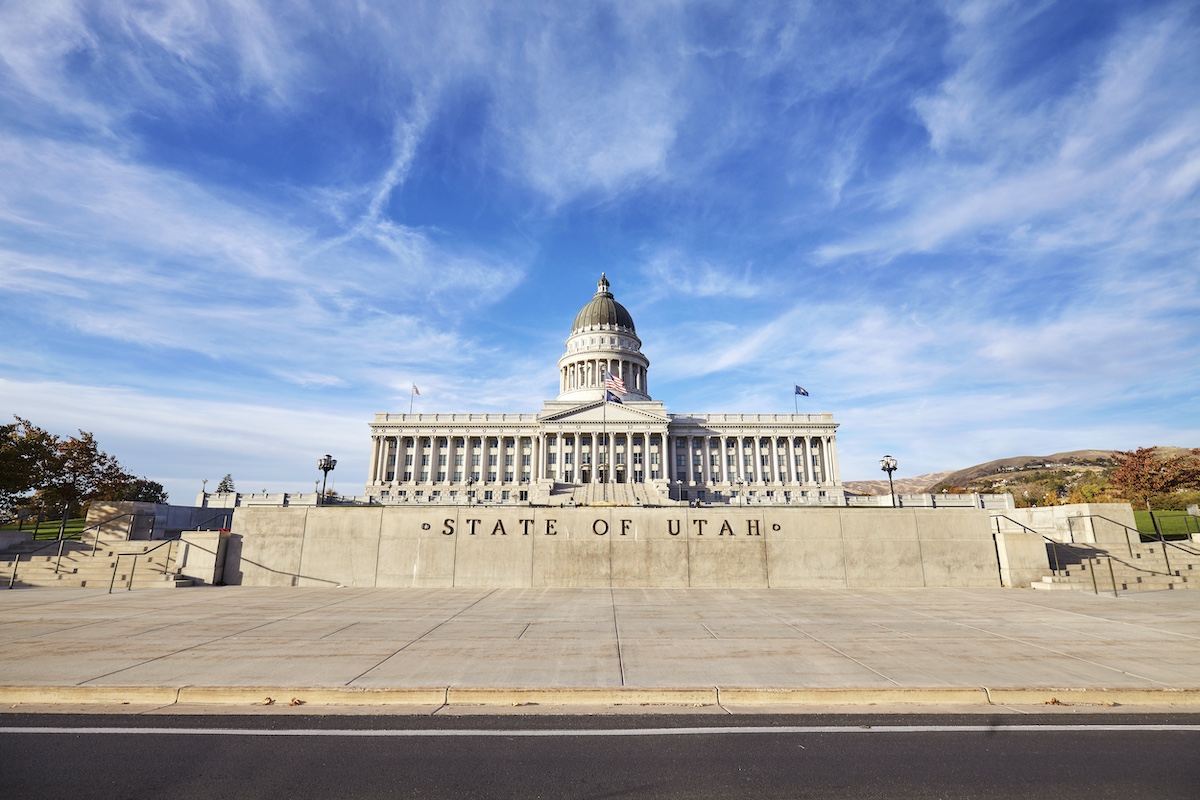
With the completion of the Utah Legislative Session, the Utah Inland Port Authority is set to navigate a series of legislative changes poised to refine its operations and strategic direction. This article summarizes the key legislative developments and their expected impact on operations and broader goals.
HB13: Infrastructure Financing Flexibility
House Bill 13 marks a significant stride toward facilitating infrastructure development by allowing developers to create Infrastructure Financing Districts for bonding purposes without the need for government sponsorship. This mechanism operates similarly to Public Improvement Districts (PIDs) but notably does not permit the addition of mills to bond against. For UIPA, this opens avenues for more streamlined infrastructure projects, enabling an agile response to development needs while adhering to fiscal prudence.
HB80: Transparency in Governance
In a move to enhance transparency, HB80 mandates UIPA to publish board member conflict of interest statements on its official website. This requirement underscores UIPA’s commitment to ethical governance and fosters trust among our stakeholders by ensuring accountability and openness in our operations.
SB154: Legislative Best Practices and Self-Assessment
Senate Bill 154 introduces an obligation for independent entities, including UIPA, to align with legislative best practices. Additionally, it stipulates the conduct of self-assessments and reporting on findings. This measure is designed to bolster UIPA’s governance frameworks, ensuring our practices meet the highest standards of legislative compliance and operational efficiency.
SB235: Rail Ombudsman Creation
The establishment of a Rail Ombudsman within the Utah Department of Transportation (UDOT), as dictated by SB235, is a forward-looking initiative that promises to enhance rail infrastructure coordination and advocacy. For UIPA, this development signals an era of strengthened collaboration and support in rail-related endeavors, crucial for our logistics and transportation mandates.
SB264: Comprehensive UIPA Legislative Cleanup
SB264 serves as a comprehensive cleanup bill tailored for UIPA, streamlining various operational aspects:
- Private Activity Bonds: It authorizes UIPA to function as a conduit issuer, enhancing our financial toolkit for project facilitation.
- Board Member Participation: It allows board members with land interests in project areas to remain on the board but mandates recusal from voting on related issues, ensuring integrity in decision-making.
- Tax Differential Usage: The bill clarifies the prohibition of tax differential expenditure on developer costs, alongside setting a uniform base tax year for additions to project areas
- Distribution Center Regulations: It explicitly bans distribution centers on the north temple landfill while permitting incentives for those outside the NWQ, refining our recruitment policies.
- Sales Tax Collection: UIPA is removed as an intermediary in the process, simplifying the distribution of sales tax revenues to municipalities.
These legislative changes represent a blend of opportunities and responsibilities for UIPA, reflecting our ongoing commitment to sustainable development, transparent governance, and community engagement.
As we adapt to these new directives, we remain dedicated to our mission of fostering economic growth and development in Utah’s logistics sector.

